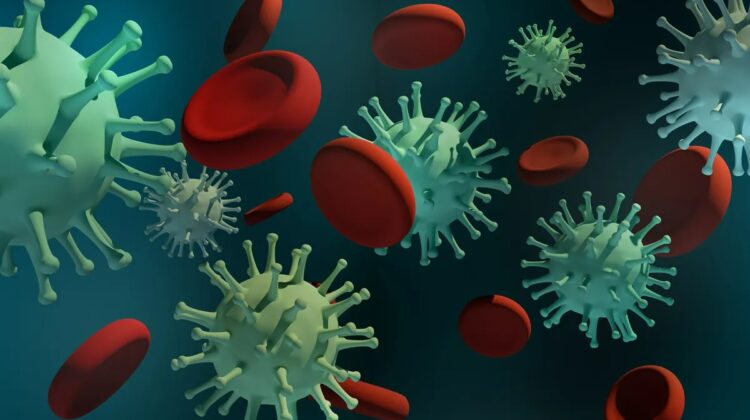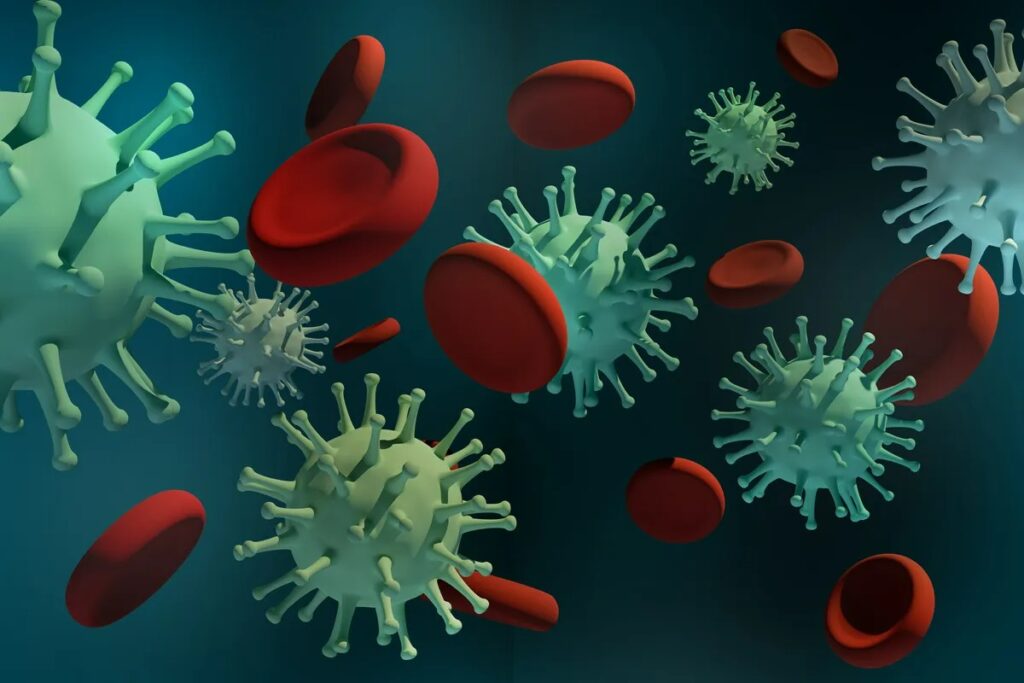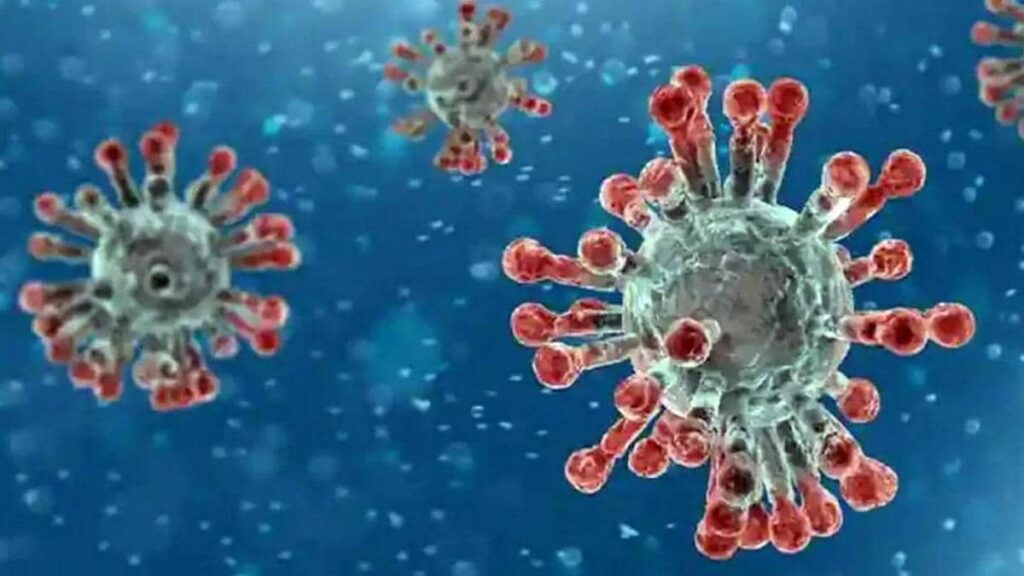
A groundbreaking study conducted in the UK sheds light on the intricate nature of long COVID, offering hope for more targeted treatments to alleviate its debilitating effects.
Long COVID, a condition encompassing a myriad of symptoms persisting after recovery from an initial COVID-19 infection, has been a subject of intense scrutiny since the onset of the pandemic. Now, the largest-ever UK study of hospitalized COVID patients has unearthed compelling evidence suggesting that specific patterns of inflammation in the blood could serve as potential targets for therapeutic intervention.
Led by a team at Imperial College London, the study focused on individuals who had been hospitalized with severe COVID-19 infection at least six months prior. Among them, 426 patients were grappling with symptoms of long COVID, while 233 had fully recuperated.

Image credit: Alkestida/Shutterstock.com
The researchers meticulously analyzed blood plasma samples from these patients, scrutinizing 368 distinct proteins associated with immunity and inflammation. Their findings unveiled discernible patterns of blood markers indicative of ongoing immune system activation in those experiencing long COVID. Notably, markers of inflammation in the bone marrow’s myeloid cells and the activation of the complement system—a cascade of interlinked proteins mobilized during infection or tissue damage—were prominently observed.
Dr. Felicity Liew, the study’s lead author, emphasized the significance of these findings, highlighting the persistence of complement activation months after the resolution of acute infection, suggesting active inflammation as a driver of long COVID symptoms.
Moreover, the study identified five distinct symptom signatures associated with long COVID: fatigue, cognitive impairment, anxiety and depression, cardiorespiratory issues, and gastrointestinal symptoms. Understanding these specific symptom clusters could pave the way for more tailored treatment approaches.

Drawing from their observations, the researchers propose exploring the therapeutic potential of IL-1 antagonists, a class of drugs used in rheumatoid arthritis treatment, targeting components of the immune system implicated in certain subtypes of long COVID.
Despite the promising findings, the researchers acknowledge limitations, particularly regarding the generalizability of their results to all manifestations of long COVID, especially those following non-hospitalized infections.
Nevertheless, Professor Peter Openshaw, one of the lead investigators, underscores the urgent need for further research to unravel the complexities of long COVID. He advocates for a nuanced approach to diagnosis and treatment, recognizing the multifaceted nature of the condition.
As efforts to combat long COVID continue, the study offers a glimmer of hope, paving the way for tailored diagnostic tests and targeted therapies tailored to the diverse manifestations of this enigmatic condition.

How can I get a blood test. When my infection first started my surgery refused to test me quoting costs. I’ve suffered with long covid for 4 years. But I am still refused the blood test. They take blood constantly but as I’m not diagnosed they refuse to test for long covid.
How do I change this conundrum.